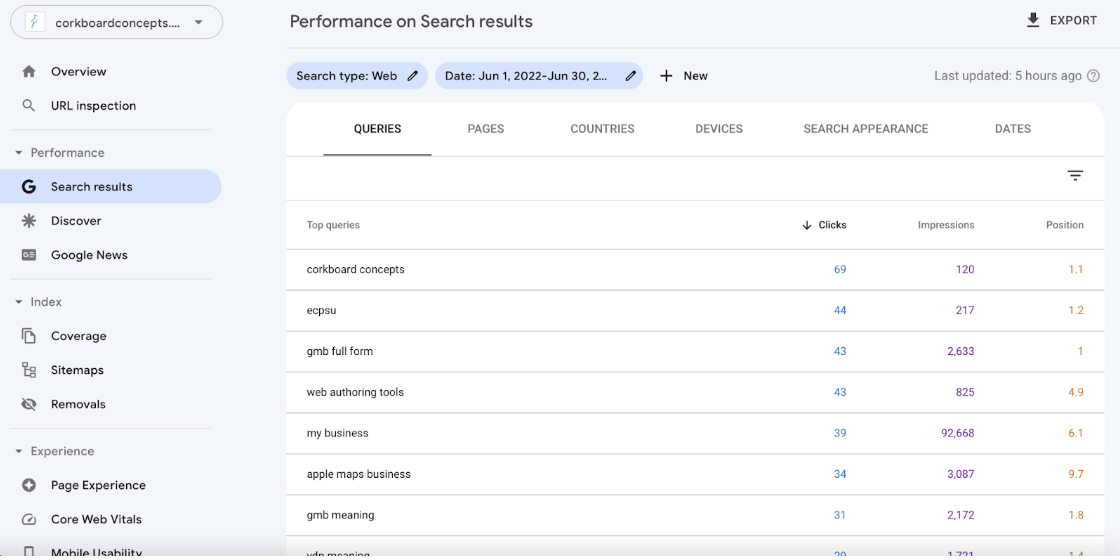The Triangle of SEO Content Planning: Taking an Internal, Customer & Competitor Focus
So you want to rank better on search engines and get more traffic to your site but find it difficult to do just that? Creating SEO content is one effective way to solve that issue, and a key aspect to focus on in improving your search engine ranking is keyword research. Along with other essential SEO practices, keywords are important in determining one’s search engine visibility. In this article, we’ll look at how to find the right keyword and phrases to help your content perform better on search engines.

Think Like a Customer and Analyze Search Queries
Search queries are strings of words or phrases that you insert when navigating through search engines. Choosing keywords based on what people enter on the search queries will help your content become relevant and rank better online. Relevancy is one of Google’s parameters for better discoverability. Therefore, Google will rank those pieces relevant to the people’s search queries as valuable resources.
Now, put yourself in the customers’ shoes. If you were searching on Google, what words or phrases would you put?
There are three types of search queries: transactional, navigational, and informational. For example, the search phrase “Honda CR-V for sale near me” is different from “Honda CR-V.” The former is transactional, whereas the latter is informational. The words “for sale” and “near me” suggest that you’re interested in buying a CR-V nearby your location, whereas “Honda CR-V” can signify many things, not necessarily buying it.
Ideally, you want to provide content that covers all of them. Therefore, you should target your keywords for the different pages on your site (like landing and product/service pages). For instance, articles are good for targeting informational queries as they can include many keyphrases that can cover the information people are looking for. In contrast, those with commercial intent are looking to purchase the products, so it’s perfect for inserting those phrases on your product/offer pages.
Know The Competition’s Search Strategy
Like any other marketing strategy, creating SEO content also requires analyzing competitors. Get to their websites and see what keywords or phrases are used there. Then, simply type them up on Google search and see the results. Focus on organic results and take notes on what brands or companies they are because if they’re big brands with ample marketing budgets, it’ll be hard to compete with them.
It’s also important to look out for ads/sponsored tags because Google will consistently rank them first above other pieces. You don’t want to invest in creating content already utilized by companies through paid ads. All this information you’ve gathered about your competition should then be used to shape your content strategy.
Again, you can use SEO online tools to help you with this step, or another good option is to hire SEO experts or agencies that can help you with the nitty-gritty of creating the best SEO content for your site. At Corkboard Concepts, we also offer services to help improve your SEO. Drop us a message, and we’ll get back to you with some unbeatable offers!
Knowing What Keywords Already Work for You
Keywords can only go as far as people are using them. So if you think you have the right keyword, but no one is searching for it, it won’t matter, and you won’t get the traffic you desire.
You want to select keywords that people want to discover. However, selecting keywords shouldn’t only be based on high volume. The amount of searches is an important value, but it’s not solely responsible for producing the ideal keyword.
It may be tricky to go for keywords that are high in volume, and it may not be worthwhile to spend your resources there. For example, large brands typically use keywords with high volume, and since they’re well-established companies, Google will reward them with high authority. So while brainstorming for keywords, look at their search volumes, which is the number of searches during a specific time frame (usually a month), and see how you’d do against your competition with those particular phrases.
What’s another useful step to take to help you excel? Prioritize keywords that you have a chance of ranking better within your website’s authority and continue using keywords that already work for you. This is the time to do internal auditing on your Google Search Console (your hub for all-things SEO) to see which keywords perform best. Build on the ones that are proven to work already. For instance, on your search console, you can see a detailed picture of which queries get the most impressions, clicks, frequency, etc.

Lastly, it’s crucial that you understand the different types of keywords (long and short-tail keywords), as they can significantly affect search volume.
Final Thoughts
SEO is a process that evolves over time, so you need to go back and update your content constantly. There may be SEO essentials that you need to cover, but one of the best strategies is to start small and build up on your content as you go. Your keyword selection shouldn’t only be based on one aspect, such as high volume, but also on understanding your competition and analyzing your results to see which ones you can improve and use to get a step ahead of your competitors and rank better on SERPs.





